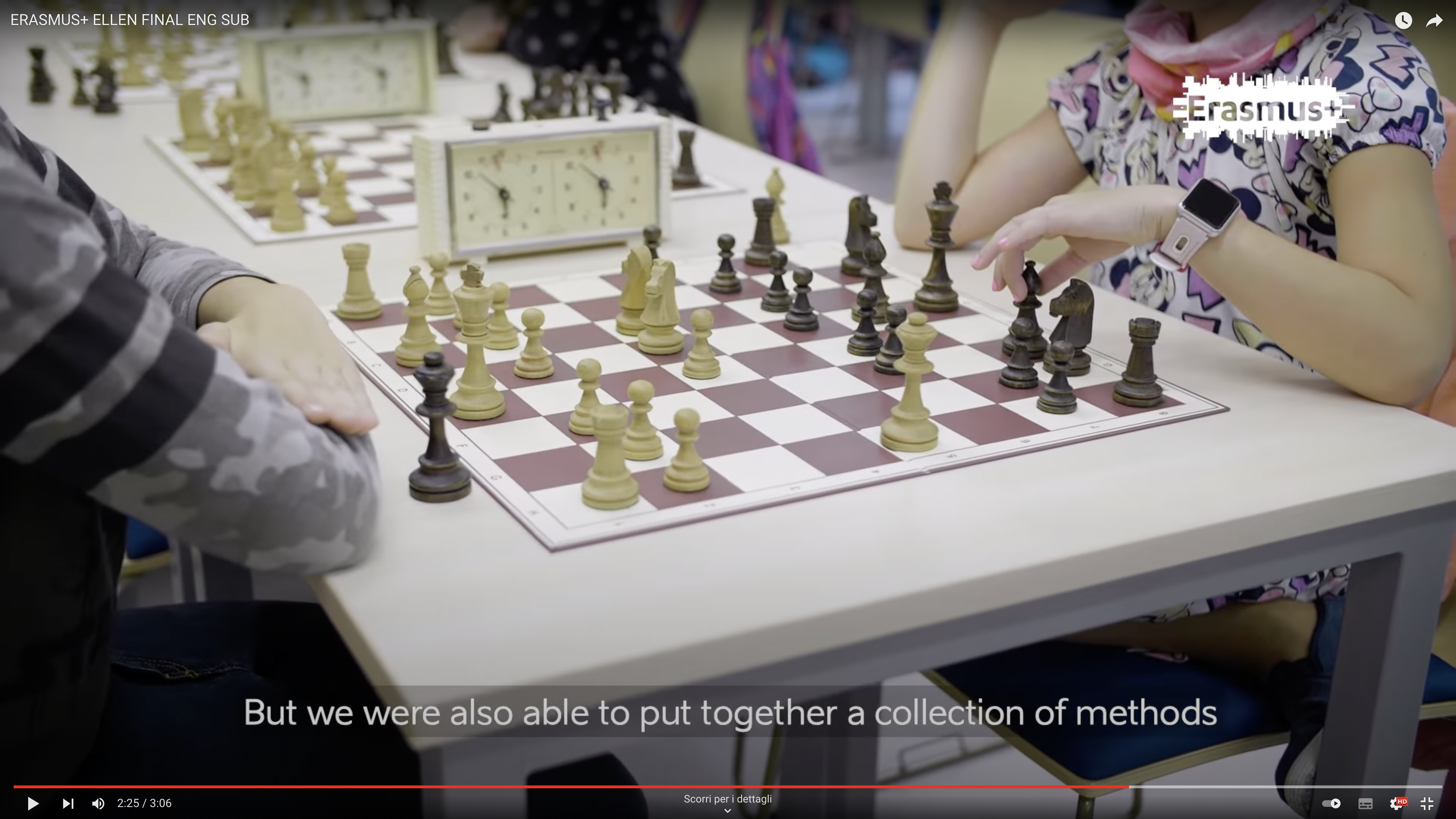
Topic(s) addressed
The topics addressed by this project include pedagogy and didactics; quality improvement institutions and/or methods (incl. school development); inclusion-equity; and, children with special needs. The school applied for the Erasmus+ KA1 project "Inclusive School" (Grades 1-9) based on its goals and objectives of increasing the competence of school staff, implementing modern teaching methodologies, and creating a secure environment where all student needs are considered. Teachers who were involved in the project covered different educational stages and subjects, and assisted students who needed additional support with lessons, extracurricular education, and integration into the school family on daily basis.
Target groups
The project involved 6 Estonian teachers: a special education teacher, a teacher of German, and 4 class teachers (aged 38 – 55); 6 of the 7 mobilities that were organised revolved around job shadowing exercises at various German and British schools with the purpose of better understanding best practices and different methods towards the creation of an inclusive school environment. In addition to job shadowing, the school successfully participated in the "Special Needs Children" teacher-training course in Prague that was carried out by ICT International Prague, with a focus on the inclusion of pupils with special needs.
Methodologies
Prior to the project, the school had not participated in any form of international cooperation or job shadowing exercises. Naturally, the entire process of finding experienced partners, as well as negotiations and preparation of the application, and the actual organisation of the mobilities, required knowledge, analytical skills, and competences in order to secure expected results. The mobility project was multidisciplinary in its approach as participants came from various education levels and different subject areas.
Environments
The school and its teachers are an outstanding example of how teachers can motivate and inspire their colleagues (both internal and external to the school) to learn and experience through peer-to-peer learning, as well as through the sharing of outcomes and project results.
Teachers
Participating teachers compiled a Compendium of Methods comprising 58 different methods that were gathered from mobility exercises in Germany, the UK, and the Czech Republic. The methods used by teachers in their everyday work were introduced to colleagues and educationalists in informal gatherings, internal training sessions, the local media, at teachers’ gatherings, and in blogs (where participants described their mobility experiences in detail). The methods used in the project had been tested before in the school environment, with said methods also being applicable to the broader educational environment. The compendium’s added value is the modular nature of its methods, which may be modified whenever needed.
Impact
The experiences gained from the learning mobility resulted in broad internal and external impacts; along with use of new methods at the school, the 6 teachers had also been invited to lead a working session during the Education Festival of the Enterprising School Network. The compendium that was developed had been disseminated in Estonia within the Erasmus+ National Agency’s e-newsletter. Furthermore, the NA initiated a video with the project leader that was used in the Erasmus+ e-festival in April, which had approximately 1300 followers, with said video also available in Estonian and English. Following the project, the Paide City Government considered several proposals towards supporting the inclusion of pupils with special needs into the mainstream classroom. The project’s impacts on teachers included better knowledge, improved professional and personal skills, and positive attitudes towards raising the quality of teaching. The project has since impacted the relationship between the school and parents, with teachers now having the necessary knowledge and skills to communicate and cooperate with parents. The project has also impacted pupils with special needs through the use of more diverse and effective teaching methods that has positively raised pupils’ motivation, as well as their social, cognitive and emotional development. Furthermore, pupil feedback has also been positive, with the project anticipated to have wider impacts in the future; steps have been taken to differentiate and enhance the individual curriculum, as well as thematic approaches to teaching lower grades, and the inclusion of pupils with special needs into the mainstream classes.
- Reference
- 2018-1-EE01-KA101-046863
- Project locations
- Estonia
- Project category
- Primary education
- Project year
- 2021
Stakeholders
Participants
Freie Waldorfschule Aachen
- Address
- Germany
Gemeinschaftsschule mit Oberstufe Kellinghusen
- Address
- Germany
Heinrich-Zille-Grundschule
- Address
- Germany
Libberton Primary School
- Address
- United Kingdom
Shap Endowed CE Primary School
- Address
- United Kingdom
ITC Prague
- Address
- Czechia
